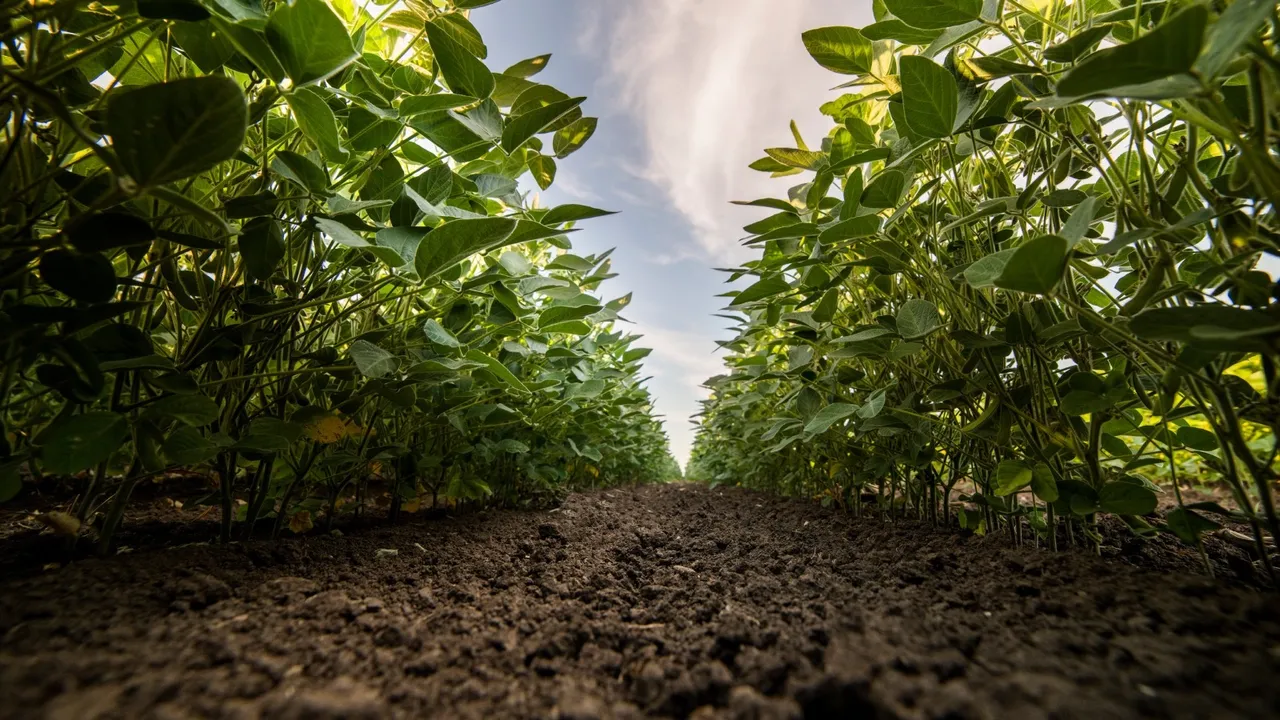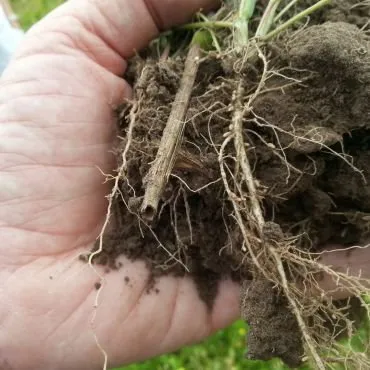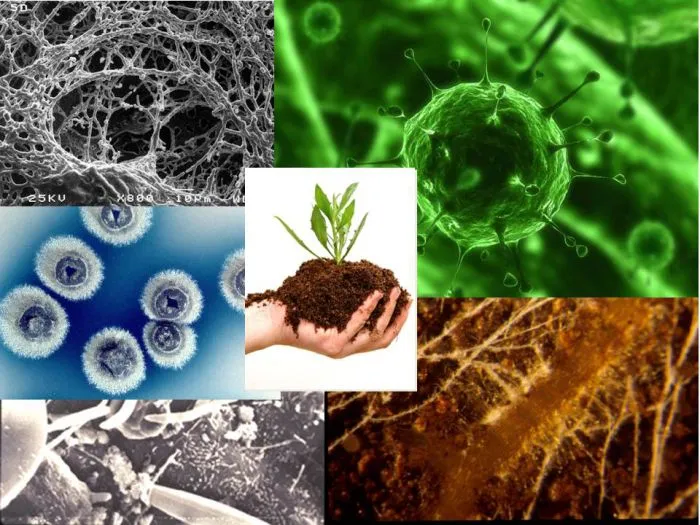Due to the drastic change of agroecosystems, the inadequate use and management of soils and the intensive application of agrochemicals worldwide, have caused severe environmental deterioration processes that are reflected in the biological deactivation of the soils and the loss of their conditions to produce, which seriously jeopardizes the food security of society.



▶ For the above mentioned there is a new modality, used in organic agriculture is the use of biofertilizers, such as efficient microorganisms (EM) which are a viable and sustainable alternative.

▶ Credits: emnz. – [Image of Public Domain]
≕ I invite you to stay tuned and read my next contribution ≔
The use of efficient microorganisms is extremely important to achieve an ecologically sound agricultural development since it allows a low-cost production that does not pollute the environment and preserves the soil from the point of view of fertility and biodiversity.
Since this suggests promoting the long-term effective use and management of resources, they constitute a vital component of sustainable systems, since they are an economically attractive and acceptable means of reducing external inputs and improving the quantity and quality of internal resources.
For this reason, it is important to determine the production and yield of these new cultivars by introducing the new and significant organic agriculture that is gaining importance every day, since it represents a new trend that promotes the use of alternative inputs.

This is the basis to achieve the adequate use of existing resources to achieve a clean and sustained agricultural production, being the practice of a biological reactivation of soils one of the new treatments, based on the incorporation of organic materials of both animal and vegetable origin inoculated with efficient microbial agents in the conversion of inorganic nutrients to organic.
NOTE: Reference material.